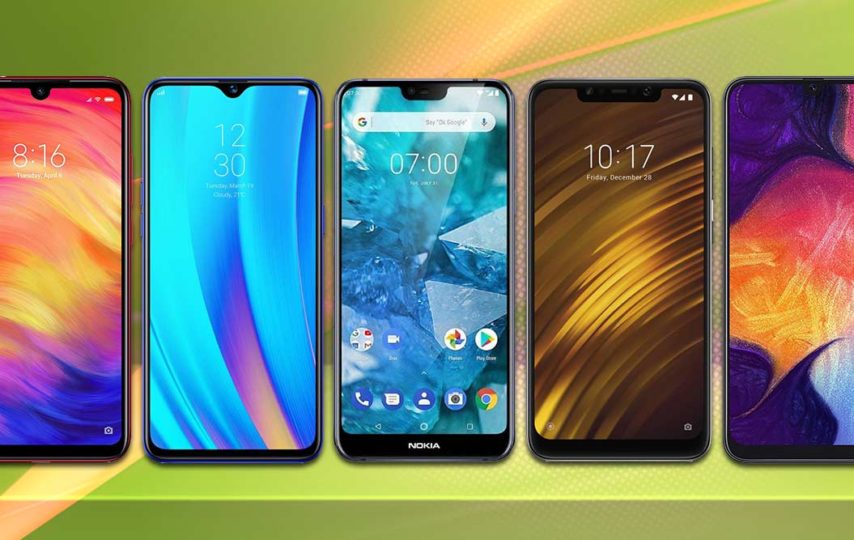RAM or Random Access Memory is a fast and short-term storage solution for a smartphone. It helps increase the speed at which you can access an application by temporarily transferring all application data to help the app run in the background. This also delivers ease of using multiple applications simultaneously without losing progress.
For context, consider that the first Android smartphone by T-Mobiles – the T-Mobile G1 had 192 MB of RAM, whereas a Galaxy S20 Ultra has a massive 16GB RAM. It only indicates that the demands for 6GB RAM mobiles, both for producer and end-user, has appreciated rapidly.
Why are higher RAM phones in demand these days?
Owing to a long list of benefits, manufacturers today prioritise RAM specs to meet user end needs and theirs.
- Having realised that most Android smartphone users opt to multitask, it either calls for better optimisation or demands higher RAM. 8GB RAM mobiles or more, as a result, are a common sight these days, even in budget and mid-range mobiles.
- The phone’s memory is generally slow due to its storing responsibilities. Without substantial RAM, your phone processes from booting to calling to messaging to gaming will all take longer than usual.
- In the absence of RAM, applications will instantly close whenever you switch, making multitasking a slow affair. Effective multitasking is established either with a well-optimised RAM utilisation system or when a model includes higher RAM.
- Physical RAMs are cheaper when manufacturers buy units in bulk, and at the same time, they can charge more for models with higher memory. It also acts as a pro on the spec sheet of a product for interest buyers.
Further, if companies do not provide higher RAM, they need to optimise the hardware and applications and avoid hefty expenses of software optimisations. It offers more opportunity to work on their UI and Android versions for a better user experience.
Also Read : How to connect bluetooth headphones to xbox one
What does RAM do?
RAM functionality differs significantly from that of Windows or Linux based systems. Some of the essential roles of RAM in your smartphone are:
- Android phones run on top of the Linux kernel stored in a compressed file directly extracted into the device RAM during the boot-up process. It acts as a reserve memory for kernel and kernel modules and drivers controlling hardware and room to cached data.
- Your phone’s RAM also is a RAMdisk for virtual system pseudo-files defining CPU speed, battery levels, etc. Android’s /proc directory is such a pseudo-file system that your mobile RAM stores.
- RAM helps store data of your frequently used apps to help those to be available to you instantly when you need it. This delivers convenience and also significantly accelerates the process.
- Your phone’s RAM also plays a crucial part in a fast reboot by storing the OS data and pulling it from the main-storage whenever the phone is switched on.
Further, to extract your phone’s visual (graphic) performance, it needs memory to operate or VRAM. Android mobiles do not have VRAMS, but RAM acts as its substitute. It significantly improves the UI experience as well.
Some best 8GB RAM mobiles are:
Samsung Galaxy F62 – 8GB/128 GB: Rs.26,000 (approx.)
Realme X7 Pro – 8GB/128 GB: Rs.30,000 (approx.)
One Plus 8T – 8GB/128 GB: Rs.43,000 (approx.)
You can opt for Bajaj Finserv EMI Network Card to pay in easy installments for the best 8GB RAM mobiles from the above options and a horde of other products, including personal loans, business loans, and others.
To ensure a hassle-free and quick approval process, this NBFC also extends pre-approved offers. These offers are available on a range of credits like personal loans, business loans and more. You can check your pre-approved offer by providing your name and contact number.
Members of the Bajaj Finserv EMI Network can avail its benefits in 1900+ cities across India. It comprises a hyperlocal network of outlets, with more than 1 lakh partners nationwide.
Check Also – Modern Day Technologies Used in latest smartphones of 2021



